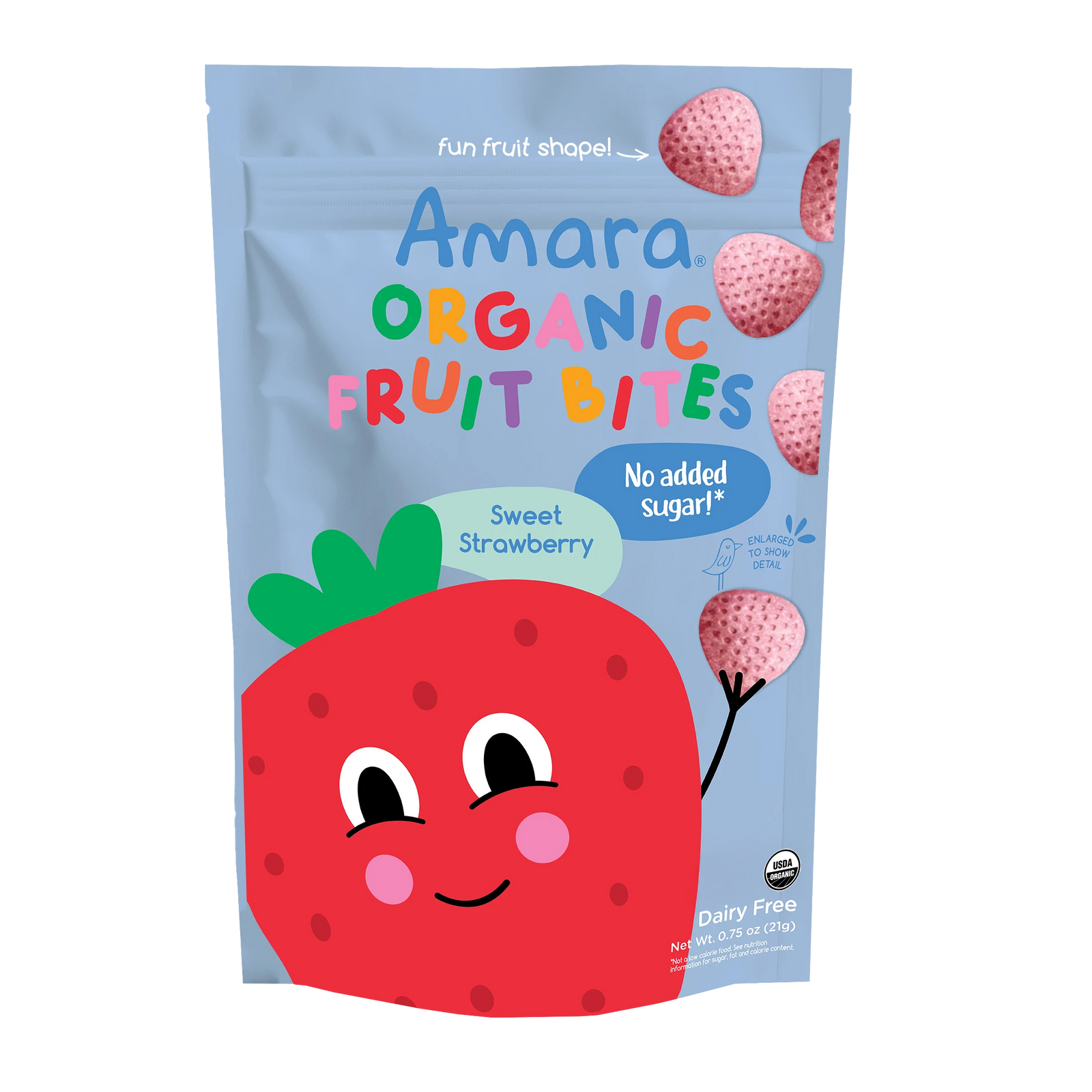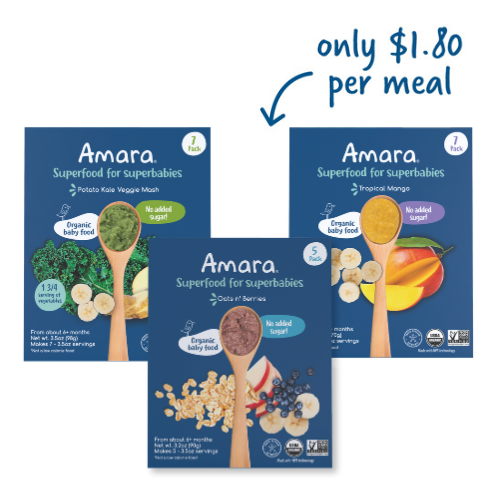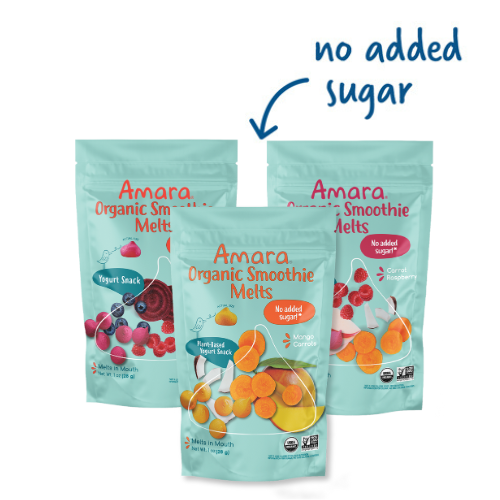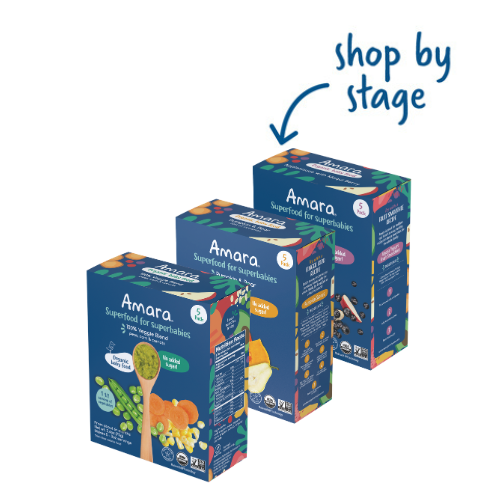
Whether you are traveling, hosting, or planning a low-key at-home Thanksgiving of your own, the holiday inevitably comes with a host of firsts, distractions, and novel experiences that can throw us and our children off.
No matter if you will be at a table of three or twenty-three and in your own dining room or across the country, here are some tips to make and keep Thanksgiving happy, healthy, and sane for everyone:
1. Tell Your Kids About The Day
Talk with your child about Thanksgiving beforehand — this can be both conceptual (i.e., “Thanksgiving is a time for togetherness and gratitude”) as well as pragmatic (i.e., “these are the foods we will eat” or “this is who we will eat with and where”).
When children have at least some idea of what’s to come, they often adapt better in the moment. Letting them know what they can expect — ranging from where and when you will eat to what foods will be on the table — can help set you up for success on the big day.
2. Serve One or Two Thanksgiving Foods Ahead of Time (*Only if you want to…)
If your child is a picky eater or has little experience with traditional Thanksgiving foods, you may want to try serving one or two dishes in the weeks leading up to the holiday so that your child is more familiar with their smells, flavors, and textures. The idea is that offering some of these foods beforehand gives your child the chance to experience them for the first time in the comfort and safety of their normal mealtime routines at home, rather than all at once and in a different environment. (BTW, this is also the reason why repeated exposure is a key strategy for helping children overcome picky eating.)

3. Don’t Overhype the Meal
As adults, we see The Thanksgiving Meal as the pinnacle of the holiday, and we frame our entire day (and even perhaps the whole long weekend) around this one experience. But toddlers and young children don’t necessarily have the capacity to understand (or care) about our emphasis on this single meal.
Allow that your child may not love the meal, or even like it — much less anticipate it — as you might, and try to be okay with that. I love how Crystal Karges, a registered dietician and nutritionist, put it to Jessica Grose of the New York TImes: “It’s so easy for us as parents to come into this holiday with unrealistic eating expectations for our children. To adults, Thanksgiving feels monumental, but to our kids, it’s just another meal.”
4. Get Kids Involved
Invite your child to help with whatever aspect of Thanksgiving excites them. There are a lot of possibilities here, but just to name a few:
- Preparing a dish (one in specific or a certain course/part of the meal)
- Setting the table
- Making decorations
- Choosing the music
- Expressions of gratitude
Giving your child some ownership over the day and the main meal will help them to feel more involved, engaged, and excited overall, which typically leads to a more pleasant experience all around.

5. Don’t Force Anything
We’ve written previously about how forcing children to eat foods (any food) usually backfires — and nutritionists ardently recommend against it. Don’t force your child to try or eat anything at the Thanksgiving meal; it’s more likely to wind up causing stress and anxiety than anything else.
If your child is old enough, experts even suggest letting her serve herself entirely — just be sure not to hover and micromanage… don’t worry too much if you don’t love how her plate looks. (This can be HARD, let me tell you from personal experience. It is so painful to watch your little one load up on rolls at the expense of all things green, sigh.)
But remember, in the scheme of things, this is just one meal — who cares if your child doesn’t taste/eat/love the stuffing or the green beans or the mashed potatoes? Instead of making them eat anything, you’re better off serving it to them again in a day or two (put those leftovers to work!!).
6. Bring a Snack (or a Side) from Home, If You Want
Experts recommend making sure that there is at least one thing on your child’s plate that she will eat (whether it’s Thanksgiving or not), and if you’re eating away from home or don’t know exactly what will be served, you may want to consider bringing along a simple snack or a side to share that you know your child will enjoy. Try our yogurt smoothie melts from Amara. With no added sugar, they'll keep little ones busy without the sugar crash.

7. Try to Stick to Your Routine As Much As Possible
It’s always a challenge to maintain your usual schedule around the holidays — and this is especially true if you are traveling or hosting family from out of town — but do what you can to keep to your regular day-to-day as much as possible.
On Thanksgiving day, this may mean sticking to your child’s normal schedule where you can (i.e., don’t skip meals/snacks before The Big Meal, and/or don’t forget about dinner, if your family eats early).
In general, you may also want to think beforehand about what aspects of your child’s schedule are most important to you. For my family, it nearly always boils down to SLEEP, which has always been the piece of our schedule we’ve prioritized no matter what. But we’ve also recognized how important active, outdoors time is for our children and made sure to work that in as well. The point is: decide what elements of your typical routine are most important, and hang onto them as best you can. (Also, see below…)
8. Give Up the Guilt
This is a time when so many of us fall victim to Mom Guilt — over the holidays, we can see and feel it in so many forms and fashions. Don’t feel guilty for prioritizing your family’s health and schedule; don’t feel guilty for your eating decisions; and don’t feel guilty for anything your child does (or doesn’t) say, eat, or do. (If you struggle with guilt, check out our post with actionable tips for minimizing mom guilt over the holidays.)
Wherever you will be this Thanksgiving, we wish you and your family the best — and remember that food (and The Meal) should not be a source of stress, for anyone! There is so much about the day, food and otherwise, to enjoy and savor together. As Jenny McGlothin, co-author of Helping Your Child With Extreme Picky Eating, said in a NYT interview: “Enjoy the food. But don’t make it the entire focus of the day.”
See why thousands of parents have made the switch to Amara for their growing families. We make superfood for superbabies with the highest quality vegetables, fruits, whole grains, and plant-based proteins because a lifetime of healthy eating starts with our very first bites. SHOP NOW.









Leave A Comment